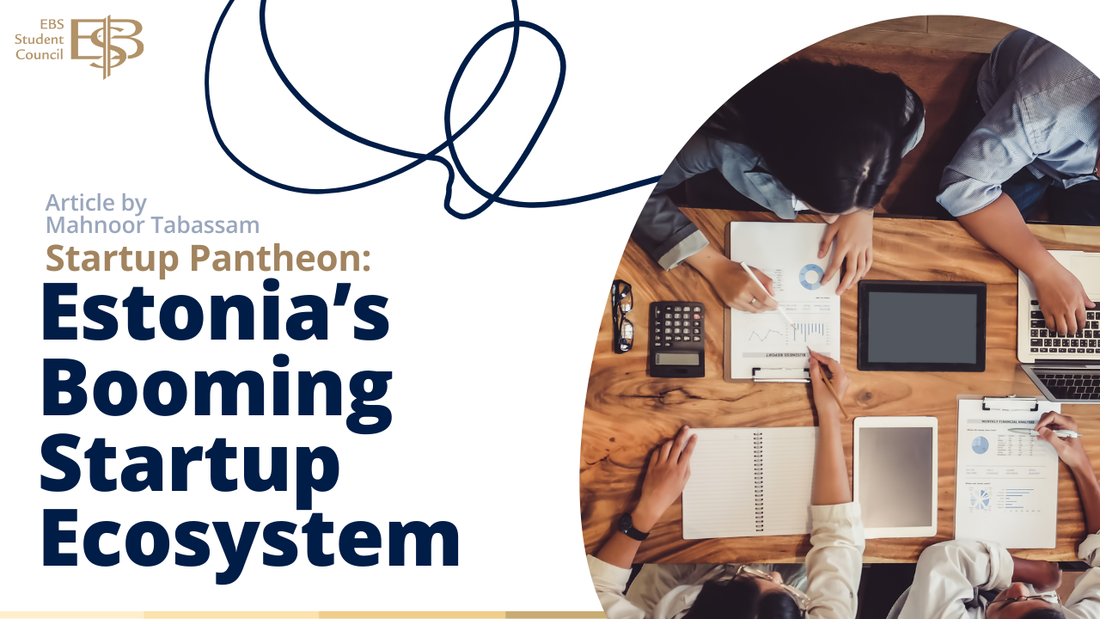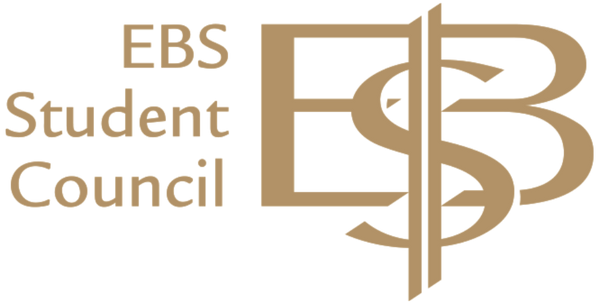
Startup’s Pantheon: Estonia’s Booming Startup Ecosystem
Estonia has crowned itself as one of the leading startup ecosystems in Europe and the rest of the world. This title comes after their unicorn catalyst, Skype, transformed the country for better, in terms of their geographical positioning and their innovation.
But what is a “startup ecosystem” and what factors make one “great? How does Estonia stand out from its neighbouring ecosystems?
Let's first dissect and discuss the factors that define a startup ecosystem. A “startup ecosystem” is defined as a community of entrepreneurs, investors, venture capitalists, incubators and accelerators, government and agencies, and startup hubs that interconnect. This network gives birth to ideas, product formation, networking events and opportunities that opens doors for startups to thrive. The best and most well known example of a successful startup ecosystem is Silicon Valley in the United States.
Still, what additional factors set apart a good startup ecosystem from great? In Estonia’s case, governmental support, supporting tax laws, thriving digitalisation, easy access to funding, and most of all, an entrepreneurial mindset that blankets an entire society, is what makes it one of the leading startup hubs in all of Europe and in the world. Estonia also crowns itself the title of “the most digitalised society in the world.” This works in their favour, as everything from opening a bank account, to starting a business while not even being physically present in the country, can be done online.
As previously mentioned, what put Estonia on the map as the “Nordic Silicon Valley” was their first successful unicorn, Skype. As a ten year old who just wanted a way to talk to her cousins online, Skype was the first ever social app I ever downloaded. Despite being from South Asia and being completely oblivious to the existence of Estonia as a country, I vividly remember talking to my friends and cousins on Skype on my iPad. The familiar caller ringtone (that now only remains as nostalgia) and the quirky emojis is what helps all of us remember the app’s legacy.
Skype, quite literally, put Estonia on the world map. Many of the founders from successful Estonian unicorns worked for the company, including Martin Villig, founder of Bolt (also an alumni of Estonian Business School).
Moving forward, we see a wave of engineers, business enthusiasts and investors working towards creating the next Skype. This surge of urgency in innovation and product creation led to companies like Bolt, Wise, Playtech and Pipedrive being created. These companies are marked as the unicorns of the second wave of startups successes in Estonia.
We then see the surge continue to grow for the third wave, which resulted in the creation of companies like Veriff, Lightyear and Starship Technologies. It is important to understand and recognise that the fast pace of startup creation and growth is not only credited to the founders but also to the environment. Estonia houses some of the best incubators, venture capitalists and startup hubs that help and promote these very founders: the governments play a crucial role in policies and regulations.
Most of all, the educational institutions foster and refine the “entrepreneurial mindset” and sense of “risk-taking”; something that many other cultures and countries try to avoid. An imminent example of this mindset and reinforcement can be found here at Estonian Business School, where ideas and growth are supported every waking day.
Nevertheless, Estonia’s startup culture continues to grow and attract both e-residents, enthusiastic founders and investors who are looking for the next great opportunity. In the last couple of years, Estonia has changed its positioning and reputation, and we are hoping that in the future we see more innovation and advancement. However, this also leads us to ask ourselves: what next innovation will I be a part of?
